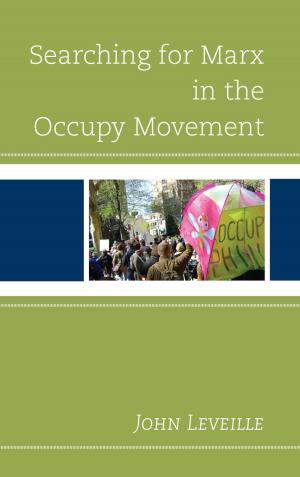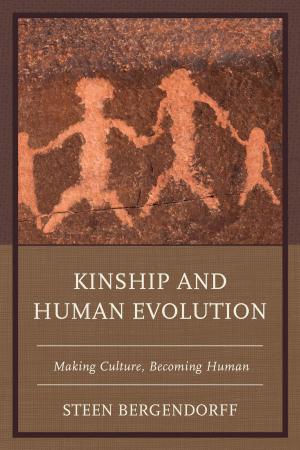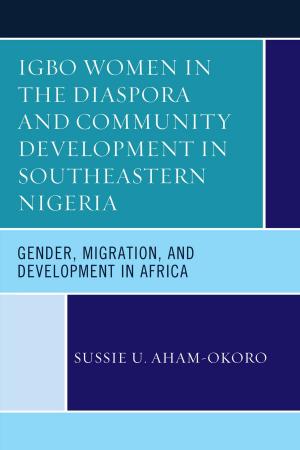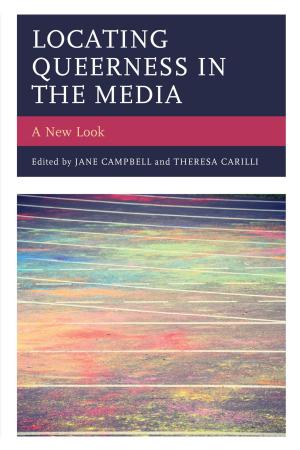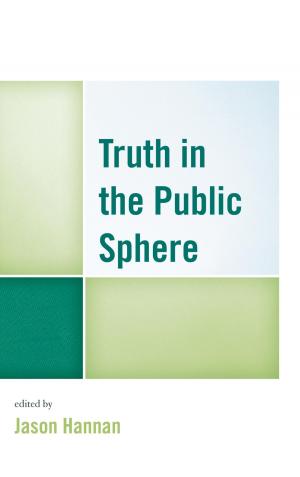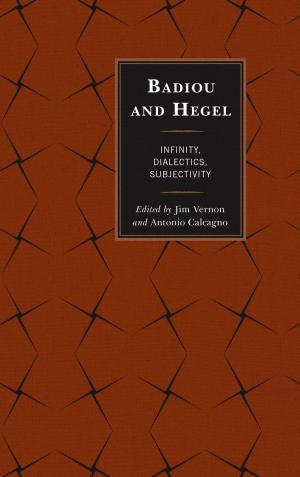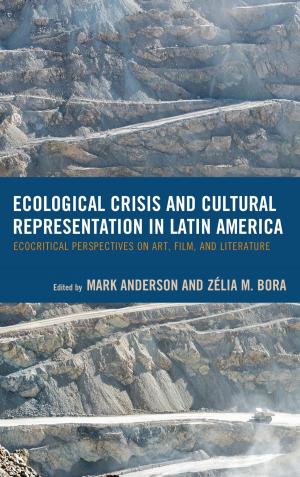Ontic Ethics
Exploring the Influence of Caring on Being
Nonfiction, Religion & Spirituality, Philosophy, Metaphysics, Ethics & Moral Philosophy| Author: | Hollis G. Wright | ISBN: | 9781498520119 |
| Publisher: | Lexington Books | Publication: | April 13, 2016 |
| Imprint: | Lexington Books | Language: | English |
| Author: | Hollis G. Wright |
| ISBN: | 9781498520119 |
| Publisher: | Lexington Books |
| Publication: | April 13, 2016 |
| Imprint: | Lexington Books |
| Language: | English |
how much we are. It refines the concept of flourishing originating with Aristotle, showing how values that encourage flourishing of the world as it relates to any person, reflexively enhance the flourishing of that person, hence offering a bridge across the fact/value chasm and a cure for ethical relativism.
Classical and modern philosophers writing about the nature of a self are engaged to provide a platform from which further advances can be made on several problems in general philosophy that relate to the ontology of a self. These include the use of the term “existence,” a bundle theory showing a way substance can be made up of attributes, an exploration of unity in a self, an evaluation of necessary constituents of selfhood, a theory of how persons are constituted in space and time, a portrayal of how existential intensity relates to the exercise of power, and a proposal about how free acts and stances can be connected to character. Applications of an ontology of care to problems of partiality, specialization, limitation, age and death are outlined in the final chapters. All these issues are engaged to explicate the connection between ontological and ethical flourishing of the self/world combination.
how much we are. It refines the concept of flourishing originating with Aristotle, showing how values that encourage flourishing of the world as it relates to any person, reflexively enhance the flourishing of that person, hence offering a bridge across the fact/value chasm and a cure for ethical relativism.
Classical and modern philosophers writing about the nature of a self are engaged to provide a platform from which further advances can be made on several problems in general philosophy that relate to the ontology of a self. These include the use of the term “existence,” a bundle theory showing a way substance can be made up of attributes, an exploration of unity in a self, an evaluation of necessary constituents of selfhood, a theory of how persons are constituted in space and time, a portrayal of how existential intensity relates to the exercise of power, and a proposal about how free acts and stances can be connected to character. Applications of an ontology of care to problems of partiality, specialization, limitation, age and death are outlined in the final chapters. All these issues are engaged to explicate the connection between ontological and ethical flourishing of the self/world combination.

